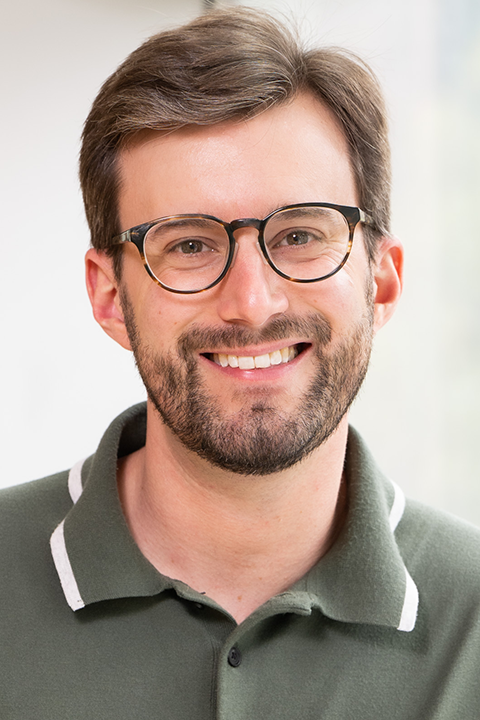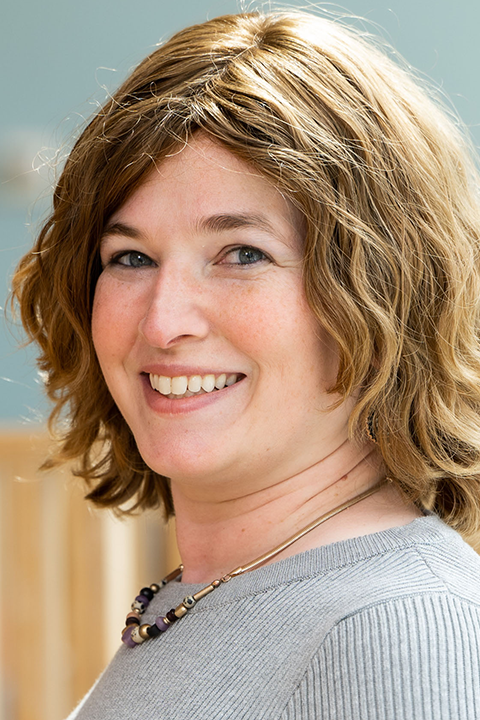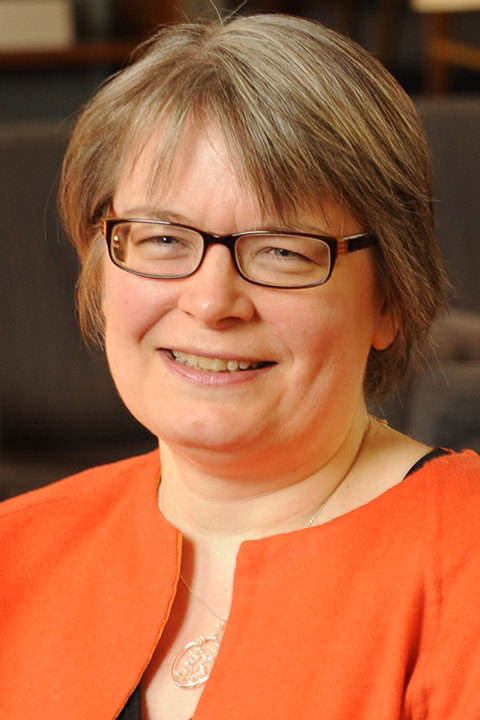Ancient and Medieval Studies
This policy statement covers Columbia University Libraries’ collecting in the broad interdisciplinary fields of ancient and medieval studies (AncMed), which include the important disciplines of classics; classical studies; ancient history; medieval history; medieval Latin literature; Byzantine studies; and other specific sub-disciplines related to the study of the premodern world.
Columbia University Libraries has a long tradition of supporting research and teaching in premodern fields, which are amongst the oldest and most well established of academic disciplines. From the founding of the University in 1754 until 1916, Latin was a required part of the Columbia curriculum and the study of premodern history, literature, philosophy, and art has remained foundational to humanistic study. Columbia has long held a place as one of the premier centers of research and teaching in these fields. The AncMed collection, therefore, serves as a vital resource for scholars and students in at least eleven humanities departments with a foothold in the premodern world. It also provides foundational support for Columbia’s Core Curriculum, particularly Literature Humanities and Contemporary Civilization, the required first- and second-year undergraduate courses that grapple with large amounts of ancient and medieval literature and political philosophy.
While the core of the AncMed collection is housed at Butler Library, other libraries--including the Burke Library at Union Theological Seminary, Avery Architectural & Fine Arts Library, and the Rare Book & Manuscript Library--contain important collections of rare and general materials that overlap in significant ways with its holdings. As a truly interdisciplinary collection, it strives to remain accessible to as wide a range of scholars and students as possible.
This document outlines the Libraries’ general policy on collection for ancient and medieval studies, but it is not intended to be a rigid set of rules; collection suggestions from students and faculty are welcome (see contact information below).
a. Undergraduate
Columbia University Libraries supports Barnard College (BC), Columbia College (CC), and General Studies (GS) undergraduates majoring in any discipline that touches on the study of the ancient or medieval worlds. These include: art history and archaeology; classics; English and comparative literature; French and Romance philology; Germanic languages; history; Italian; Latin American and Iberian cultures; music; philosophy; religion; and various area studies programs. The collection also supports CC, GS, and School of Engineering and Applied Science (SEAS) students enrolled in Core Curriculum classes.
b. Graduate and Professional Schools
In addition to its support for undergraduate instruction, Columbia University Libraries also supports MA and PhD students in a wide array of departments in the Graduate School of Arts and Sciences (see departments in previous section).
c. Institutes, Interdisciplinary Programs, etc.
Centers and Institutes: Center for the Ancient Mediterranean; Center for Archaeology; Heyman Center for the Humanities; Institute for Comparative Literature and Society; European Institute; Institute for Israel and Jewish Studies; Italian Academy for Advanced Studies; and the Institute for Research on Women; Gender, & Sexuality; as well as faculty and students in other programs and institutes with connections to humanistic study in the pre-modern world.
Interdisciplinary Programs: Ancient Studies; Classical Studies; Comparative Literature and Society; Hellenic Studies; Medieval & Renaissance Studies; and Women and Gender Studies.
d. Course Reserves
Selection for course reserves is up to individual faculty members. The Librarian will do whatever is possible to secure specific materials absent from the collections.
a. Print
Butler Library collects monographs, serials, source collections and critical editions, reference materials, and electronic resources at the research level in English and all major ancient and modern European languages, especially Ancient Greek, French, German, Italian, Latin (classical and medieval), and Spanish. Particularly important primary source collections and reference materials can be found in the Ancient & Medieval Studies Reading Room (603 Butler Library) and the Papyrology & Epigraphy Reading Room (604 Butler Library). Rare materials are collected by, and housed in, Columbia’s Rare Book & Manuscript Library (RBML).
Avery Architectural & Fine Arts Library and the Burke Library at Union Theological Seminary collect print, electronic, and rare materials in the related disciplines of art, architecture, archaeology, religion, theology, Biblical studies, and the history of Christianity.
b. Digital Collections
Columbia University Libraries purchases and subscribes to a wide range of digital resources, including aggregated databases and reference resources, electronic book packages, electronic journals, and electronic primary source collections. Representative examples include the Thesaurus Linguae Latinae (TLL) and Thesaurus Linguae Graecae (TLG); the Patrologia Latina and Patrologia Orientalis Databases; the International Medieval Bibliography; the Library of Latin Texts; the Lexicon des Mittelalters; and the complete Oxford Handbooks Online Classical Studies Collection.
c. Media
Media related to the AncMed collections are collected based on faculty and student request. See also the Libraries’ media policy.
d. Languages Collected
All major ancient and modern European languages are represented in the collections. Particular strengths include primary source texts in Ancient Greek, classical Latin, and medieval Latin, and secondary materials in English, French, German, Italian, and Spanish. Materials in other languages are collected based on specific faculty and student research needs.
e. Chronological Focus
The AncMed collections cover Europe--interpreted broadly to include Scandinavia, the Balkans, and much of the Mediterranean world--in the years before 1500 CE.
f. Geographical Focus
The geographical heart of the collection remains Continental Europe (including Scandinavia and the Balkans), but also includes areas of the Mediterranean and Middle Eastern worlds touched by ancient empires (e.g. Egypt, Mesopotamia, Persia, Greece, Rome, and Byzantium) as well as political and religious movements (e.g. the Crusades) that either emanated from, or deeply affected, Continental Europe.
g. Imprint Dates Collected
The main focus of collecting is current and recent (+/- three years) imprints. When antiquarian acquisitions are offered via gift or purchase, no specific chronological ranges are established in advance; rare or unique materials from any period may be considered.
Special collections related to the study of the ancient and medieval worlds are held primarily at RBML and the Burke Library, with some materials also held at Avery Architectural & Fine Arts Library. Rare materials at RBML include substantial collections of ancient cuneiform tablets, stone inscriptions, ancient papyri, Roman coins, artefacts, medieval manuscripts (in both ancient and vernacular languages), incunables, and early print materials. The Burke Library houses collections of ancient papyri, medieval manuscripts, incunables, and early print materials. Avery Library has a substantial collection of ancient and medieval art and artifacts that are part of the Art Properties collection. All told, these materials touch on the history, literature, philosophy, art, archaeology, and religion of the ancient and medieval worlds.
a. Consortia and Collaborative Collecting with Other Institutions
The range of print materials--monographs, edited collections, and serials--that cover the study of the ancient and medieval worlds is greatly enhanced by Columbia’s participation in Borrow Direct, and the Manhattan Research Library Initiative (MaRLI), a partnership with New York University and The New York Public Library.
b. Location Decisions and Selection for ReCAP
Due to on-campus space limitations, a significant number of print materials in the AncMed collection are housed at an off-site storage facility (ReCAP), shared with Harvard University, Princeton University, and The New York Public Library. Wherever possible, materials sent to ReCAP are works that circulate infrequently. A certain number of new acquisitions, primarily in Italian, French, or German, are sent off-site. These works, while important for research and scholarly preservation, are deemed to be low-use items that do not need to take up valuable space in one of Columbia’s on-site libraries.
Duplication of titles is limited to works identified by faculty as being central to a specific course. In these cases, no more than a few copies are obtained, one of which should be placed by the faculty member on reserve.
Deduplication only takes place when a title has been identified for relocation to ReCAP and a copy already exists on shelf at that facility. Even in this instance, the Librarian will inspect the local copy for any unique features or unusual provenance before assenting to deduplication.
c. Deaccessioning
Titles are generally deaccessioned only in cases where the physical copy is disintegrating and no longer serviceable in print/physical format. In these instances, the librarian will evaluate whether to make a preservation photocopy, to create or acquire a digital surrogate, and/or whether to replace the physical copy with another. Resources on obsolete formats are reviewed by librarians on a case-by-case basis; in instances where the original format has artifactual value, it will be retained even after it has been digitized or otherwise reformatted. Distinctive collections held in RBML, the C.V. Starr East Asian Library, Avery Library, and the Burke Library are not deaccessioned.
d. Digitization and Preservation
Titles in both Columbia’s circulating and special collections are evaluated by staff of the Preservation & Digital Conversion Division (PDCD) as needed.

Jeffrey Wayno
Collection Services Librarian
- The Burke Library at Union Theological Seminary

Michelle Margolis
Norman E. Alexander Librarian for Jewish Studies
- Global Studies

Jane Siegel
Rare Book Librarian
- Rare Book & Manuscript Library

Peter Magierski
Middle East & Islamic Studies Librarian
- Global Studies
Last updated: March 2019